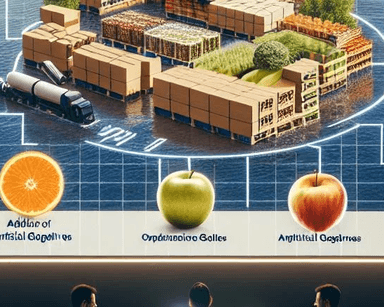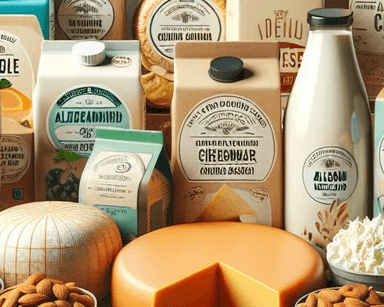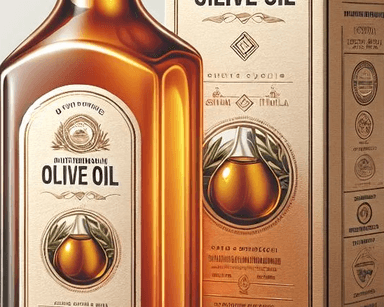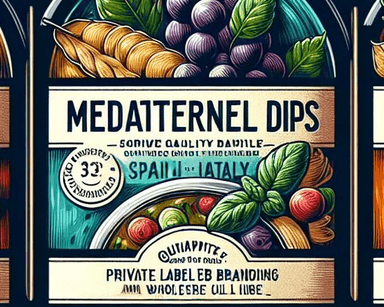The 9 Best Low Calorie Manufacturers in the World
Looking for Low Calorie manufacturers tailored to your B2B needs? Our verified Low Calorie suppliers offer a wide variety of options, including private label, bulk, and wholesale formats, ideal for category managers and procurement professionals. Whether you’re seeking low-calorie sweeteners, beverages, snacks, or meal alternatives, we ensure all products meet industry-specific certifications like FDA, ISO, and HACCP standards for optimal quality and compliance. Sourcing reliable Low Calorie solutions has never been easier with customizable offerings and contract manufacturing options. Explore our curated marketplace of trusted suppliers today to start sourcing superior Low Calorie products for your business needs.
Start sourcing now
Discover verified Low Calorie Suppliers















